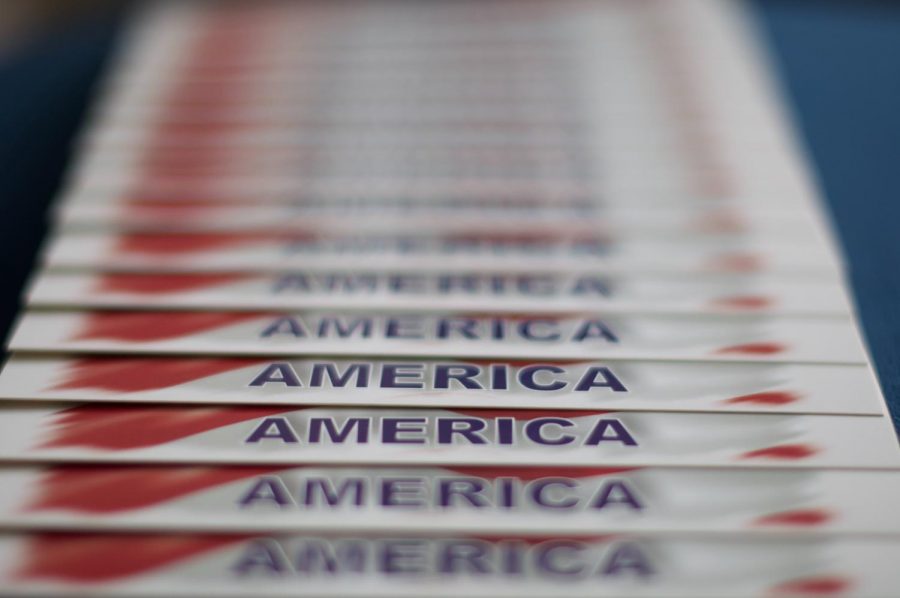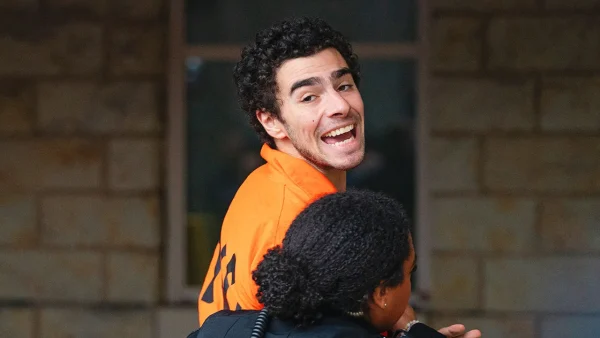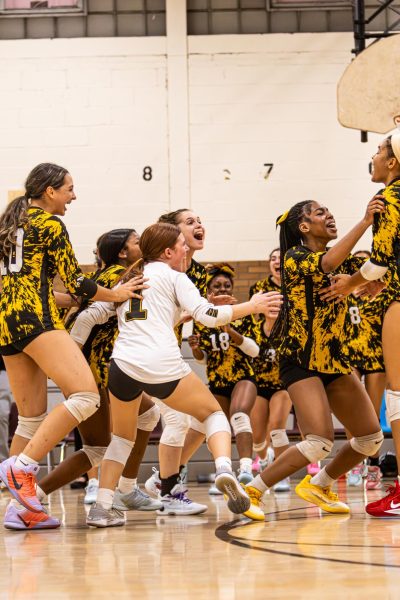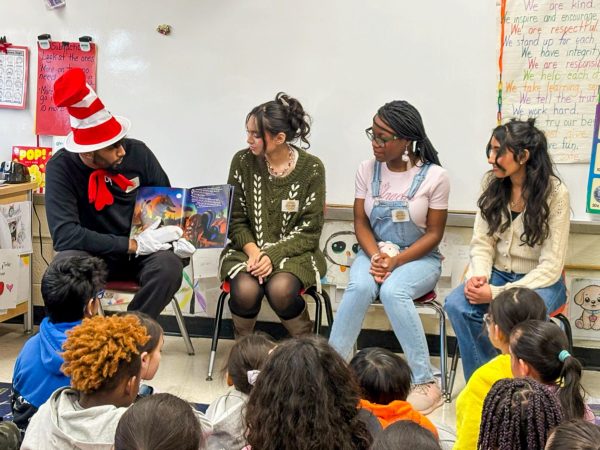High School Civics: A Necessary Addition to the Curriculum
One of the most commonly heard criticisms about school is that it doesn’t prepare you for the real world. Day after day, students’ minds are primed to memorize equations, remember dates, and learn other information that may one day be forgotten. Although some mandatory classes exist that will directly prepare us for our lives like Personal Finance, a civics class needs to be added to this curriculum as it is another necessary subject that influences our daily lives.
The dictionary defines civics as “a social science dealing with the rights and duties of citizens”, which isn’t very specific. Generally, the term “civics” is used to deal with knowledge about our government and how we can play a role in it. However, civics stretches beyond government, as it can cover a variety of topics, including markets, courts, legal systems, and participation in local organizations such as schools. Ultimately, civics is key to understanding the building blocks of how our world works.
The origins of civic education in the United States goes as far back as the first public schools in the country. Horace Mann, known as the “father of American education”, established standardized public schools across the state of Massachusetts because he knew that a well-educated voter base is essential to the political future of the country. The school system was founded on the assumption that it would prepare kids to become civically engaged, responsible voters, but over time that goal was obscured by technological and historical developments.
The rise of the Soviet Union and eventual Space Race led to an increased focus on STEM (Science, Technology, Engineering, and Math) subjects. The launch of the Soviet space satellite Sputnik in 1957 was a landmark moment that kick-started a wave of reforms bringing emphasis on math, reading, and science, elevating them over all other subjects. As helpful as these changes were, these changes came at the cost of civics.
This has had a devastating effect on public participation in our democracy. Today, 1 in 4 Americans can’t name the three branches of government. Public trust in the government is at 18%. The attack on the Capitol building shows how deep the cracks in our democracy have become. Politics has seeped into countless aspects of our lives, making this one of the most politically polarized eras in the history of the country. We need to learn about how facets of our society work which can be done through reinstating focus on civics education. This is a lesson we need now more than ever.
In fact, progress is already being made across the nation. Illinois and Florida have already instituted mandatory civics classes in high school and middle school, and Indiana has also followed this movement just a few weeks ago, with its new classes being introduced in 2023. New Jersey just signed a bill that requires civics to be taught in middle school, though not high school yet.
Implementing a successful civics program will not come without obstacles however. In Ohio and Florida, there were controversies over adding an “Action Civics” class to the curriculum. Action civics involves a more discussion-focused curriculum, encouraging direct participation in democratic processes such as mailing Senators, organizing campaigns, or planning peaceful protests. Proponents of action civics argue it goes beyond textbook tedium and emphasizes understanding different perspectives, whereas critics believe it is biased toward progressive ideas and teaches students to rebel.
No matter whether action civics is a good thing or not, partisanism over this issue hinders the cause of educating future voters. Proposed civics curricula could be reviewed by a commission of experts representing all political ideologies, if they are not already. Other potential roadblocks could be the cost of hiring extra teachers, finding extra classrooms, and ensuring students remember the information they are taught. Still, in the end the benefits of adding a civics program, or even just a semester, will far outweigh the negatives. Research has shown that adding civics education classes to the curriculum reduces the school dropout rate, makes students more likely to vote, and encourages discussion of current events.
All in all, it is imperative to push for civic legislation now, while the iron is still hot. A politically engaged populace is the backbone of any democracy, or else it will fall into rule by the few. And the best place to start is right now, right here. I have started a petition to the Board of Education to add civics to the curriculum and I strongly recommend you, the readers, sign it. The more signatures we get the sooner civics will be added, and the greater educated our community will become.

Hi I’m Naren! I’ve been a member of the Chieftain since junior year, and I enjoy hanging out with my friends, working out, and music. I look forward...












